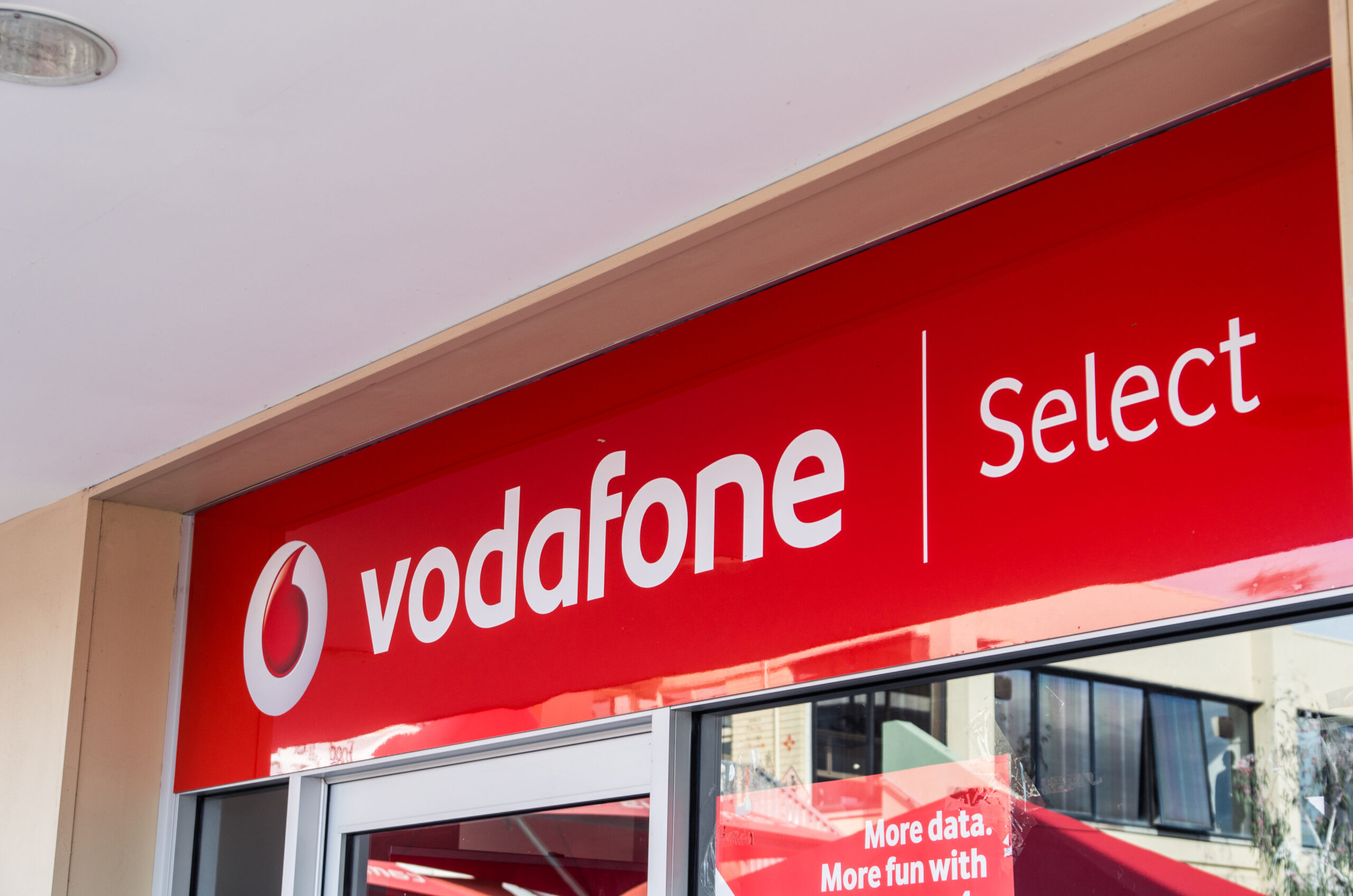Today the mobile company Vodafone, which operates worldwide, released a chilling 40,000 word document, detailing government mass surveillance through the Vodafone network. The company’s Law Enforcement Disclosure Report encompassed all 29 countries where Vodafone does direct business (and excludes partner companies). The report says that surveillance included wires to listen to and record customer conversations.
According to the Guardian:
“The company said wires had been connected directly to its network and those of other telecoms groups, allowing agencies to listen to or record live conversations and, in certain cases, track the whereabouts of a customer. Privacy campaigners said the revelations were a “nightmare scenario” that confirmed their worst fears on the extent of snooping.”
Vodafone only revealed information of government spying in countries where disclosure of this manner is legal. This excludes countries including South Africa, Romania, India, Qatar, Malta, Turkey, Egypt, Albania and Hungary, where companies are prohibited from revealing this information.
The Guardian is also reporting that Vodafone published these documents as “push back” against the use of mobile networks and ISPs for widespread government surveillance. The document gives several reasons for why they published their inaugural Law Enforcement Disclosure Report:
“The report is intended to:
- explain the principles, policies and processes we follow when responding to demands from agencies and authorities that we are required to assist with their law enforcement and intelligence-gathering activities;
- explain the nature of some of the most important legal powers invoked by agencies and authorities in our countries of operation;
- disclose the aggregate number of demands we received over the last year in each of our countries of operation unless prohibited from doing so or unless a government or other public body already discloses such information (an approach we explain later in this report); and
- cite the relevant legislation which prevents us from publishing this information in certain countries.”
It also explained that Vodafone believes that it should not be the role of operators to publish this information, but that governments should offer more transparency.
This report comes almost exactly a year after the first Edward Snowden documents were published, detailing NSA mass surveillance — done mainly over the web. Though this is only a small snapshot — one company and a handful of countries — the revelation both sparks and confirms fears of direct mobile device snooping.
h/t the Guardian

